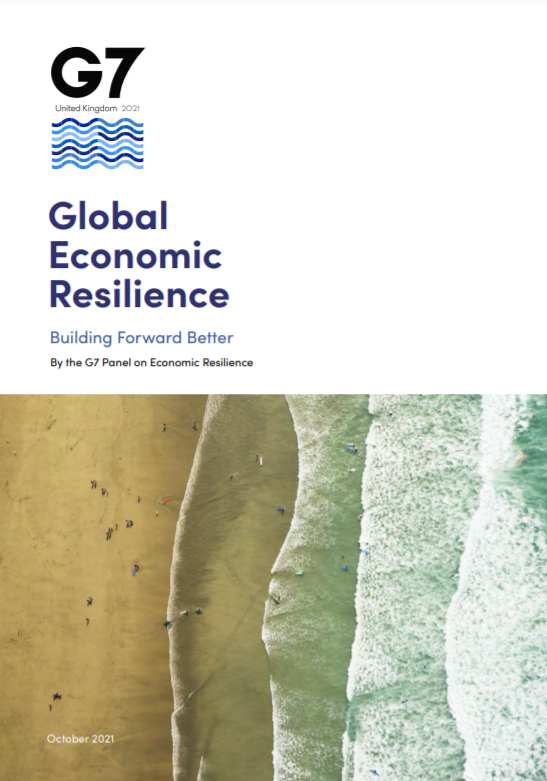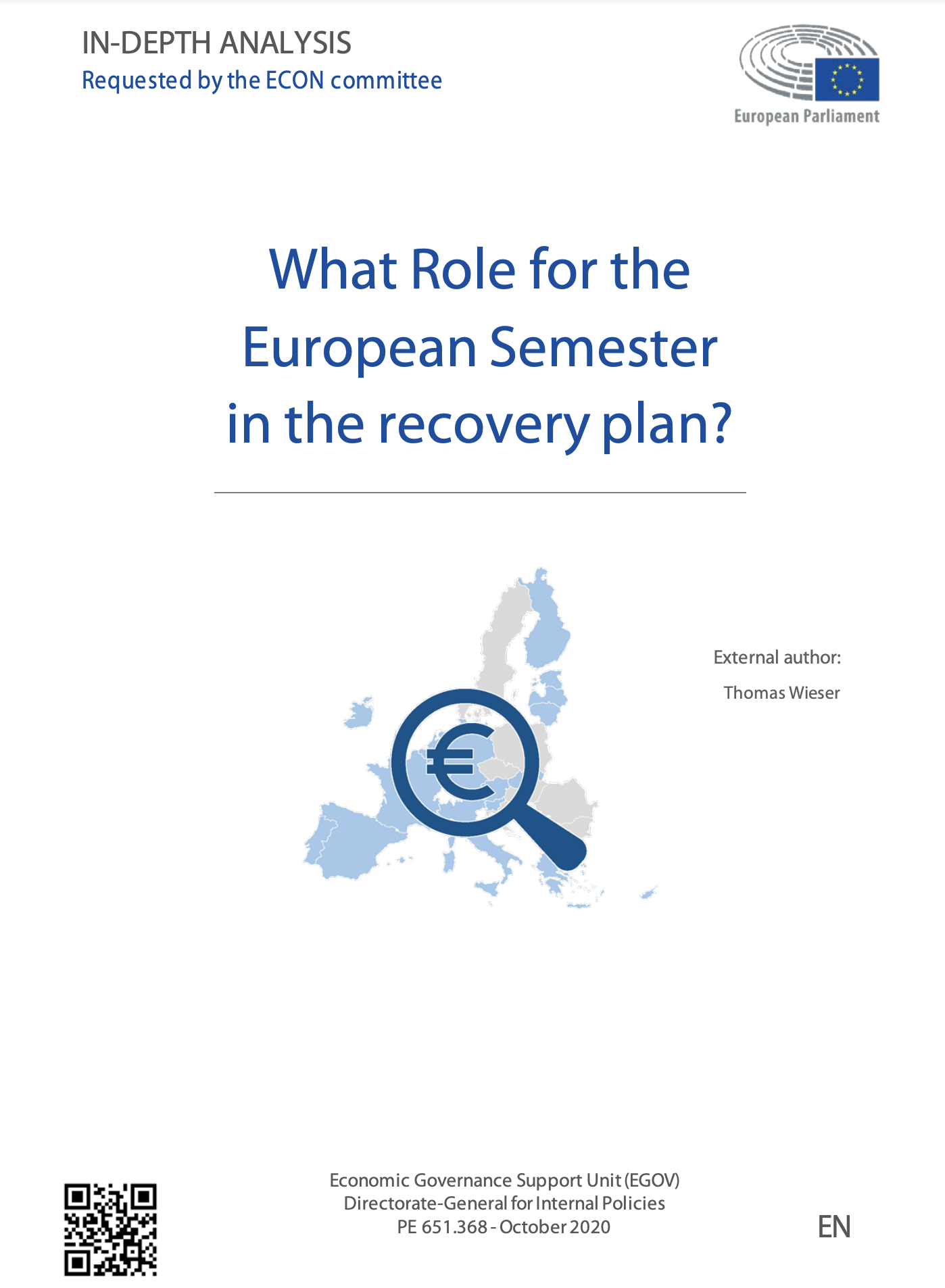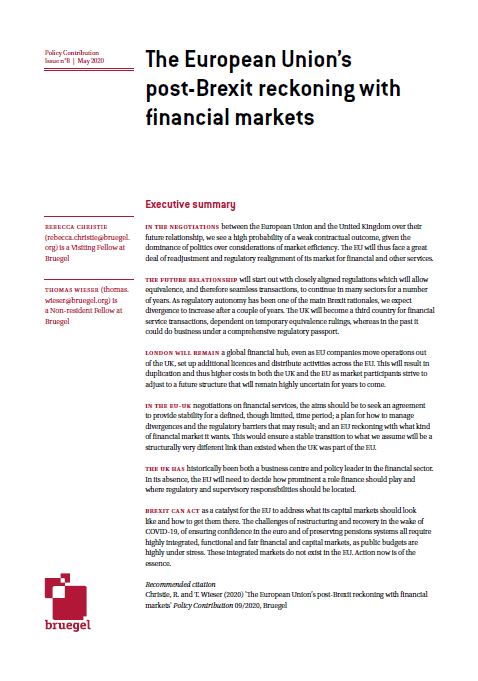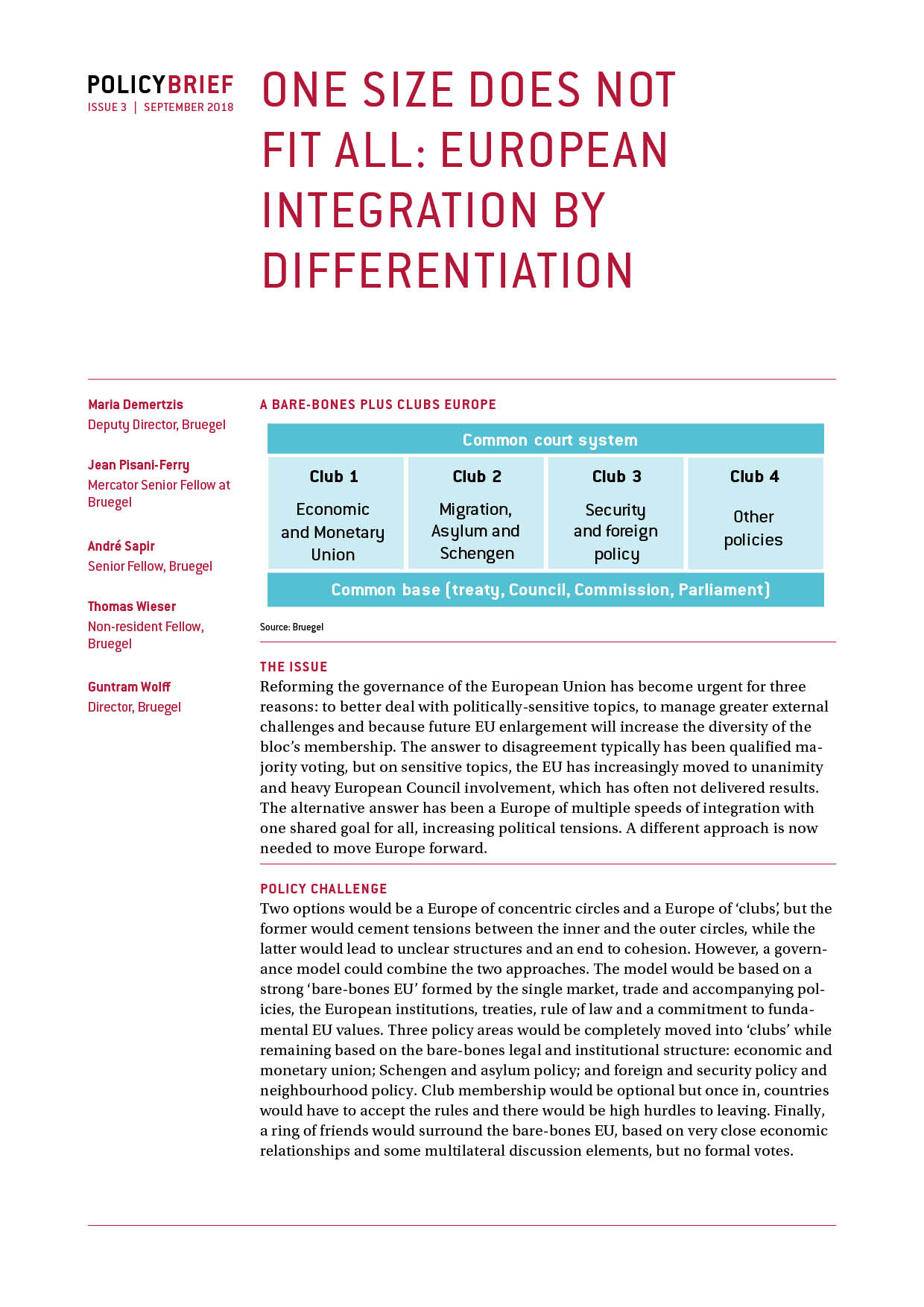Scholars
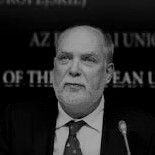
Thomas Wieser
Non-resident fellow
Expertise: EU economic policies, European governance, Financial stability
Thomas Wieser was President of the Euro Working Group and of the European Financial Committee of the European Union until February 2018. The role had been a full-time position since October 2011, following a decision to make it so by EU Heads of state. He previously chaired the Committee between March 2009 and March 2011.
Before becoming President of the EWG/EFC, he was Director General for Economic Policy and Financial Markets in the Ministry of Finance, Vienna. There he was in charge of macro-economic policy, international and EU affairs, financial market legislation, and export credits and guarantees.
He also has a strong academic background in Economics. After a degree in Economics (University of Innsbruck), he pursued post-graduate studies in theoretical and mathematical economics, and taught at the University of Colorado, Boulder (Fulbright scholarship) as well as the Institute of Advanced Studies, Vienna.


